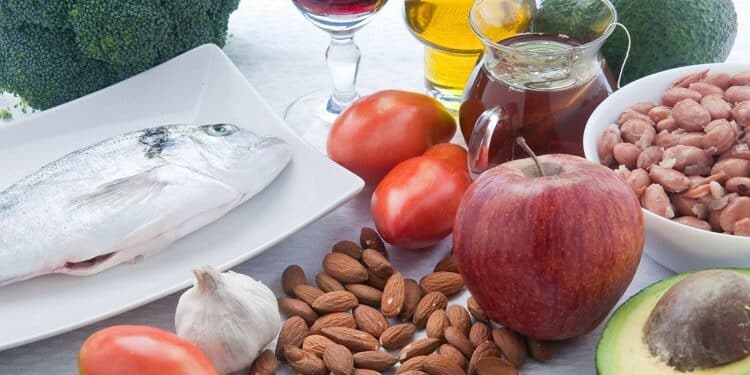Cholesterol scares us all. We try to reduce and manage the level of cholesterol in the body through several activities and lifestyle changes. But, we mostly overlook our food plates.
The secret to a properly controlled cholesterol level lies in our diet. The food we consume ultimately decides our inner body ecosystem. If healthy things are going inside, everything remains in balance; the moment we overdo something it affects the biology of the body.
When we talk about lowering cholesterol, we mostly discuss lowering the level of low-density lipoprotein (LDL). Other types of cholesterol are high-density lipoprotein (HDL) and triglycerides.
Therefore, it is very essential to understand the type of food that we should consume, so that we don’t make ourselves prone to health complications like high cholesterol.
Oats
Oats contain soluble fibre which lowers the level of bad cholesterol or the low-density lipoproteins. Soluble fibres hinder the absorption of cholesterol in the bloodstream. As per a study, the cholesterol-lowering effect of oat is thought to be associated with the β-glucan it contains.
Soy
Soy is very effective in managing cholesterol levels in the body. ” Analyses show that the effect is more modest — consuming 25 grams of soy protein a day (10 ounces of tofu or 2 1/2 cups of soy milk) can lower LDL by 5% to 6%,” says a Harvard Health report.
Whole grains
“Consumption of whole-grain diets lowers LDL cholesterol and TC, but not HDL cholesterol or triglycerides, compared with consumption of non-whole-grain control diets. Whole-grain oat appears to be the most effective whole grain for lowering cholesterol,” says a study. Whole grains of higher insoluble, or viscous, fibre aid in the reduction of serum total cholesterol and low-density lipoprotein cholesterol concentrations.
Beans
Legumes like beans are known to lower cholesterol levels in the body. A study from Canada found a five per cent reduction in bad cholesterol with one serving of legumes a day over six weeks on average. The study collected data from 26 clinical trials involving 1,037 men and women who were primarily middle-aged.
Vegetable oils
Using vegetable oils like sunflower oil reduces the risk of cholesterol. To cut down the risk, one should switch from other fats like butter to healthy oils. Oil consumption should always be done in moderation.
Fatty Fish
Fatty fish is the richest source of the essential fatty acid Omega 3. Omega 3 fats lower the bad cholesterol level in the body and increase the level of good cholesterol. It is also a healthier alternative for those who consume meat; as meat contains saturated fats which boost the level of bad cholesterol.
Okra
As per reports, the thick gel-like substance found in Okra binds to the cholesterol and removes it from the body instead of giving it a chance to be absorbed by the body. As per a study: “Administration of okra seed powder of 250 gm (low dose) and 500 grams (high dose) for 42 days produces significant (P<0.001) reduction of serum LDL cholesterol and in body weight reduction in hyperlipidemia. The present study confirms that okra seed powder is effective for lipid-lowering.”
Fruits
Fruits like apples and grapes are good to lower cholesterol levels in the body. These fruits are rich in pectin, which is a type of soluble fibre.
Sterols and stanols
The consumption of plant sterols/stanols has been reported to reduce low-density lipoprotein (LDL) cholesterol levels by 5–15%, as per studies. Sterols and stanols have molecular structures similar to cholesterol. These plant compounds when they get into the digestive system absorb cholesterol. This lowers the chance of cholesterol getting absorbed by the body and is removed from the body as waste.
Brinjal
Brinjal has a good amount of fibre. 100 grams of brinjal contains 3 grams of dietary fibre. These fibres improve cholesterol levels. In addition to this, brinjal is also low in calories which makes it ideal to be added to the diet regularly.
Nuts
These nutrient-rich foods are high in monounsaturated fats. These are also rich in phytosterols which have structural similarities to cholesterol. This similarity prompts them to bind to the cholesterol and blocks its absorption in the body.
A research study found that eating 2–3 servings of nuts per day decreased “bad” LDL cholesterol by an average of 10.2 mg/dl.










